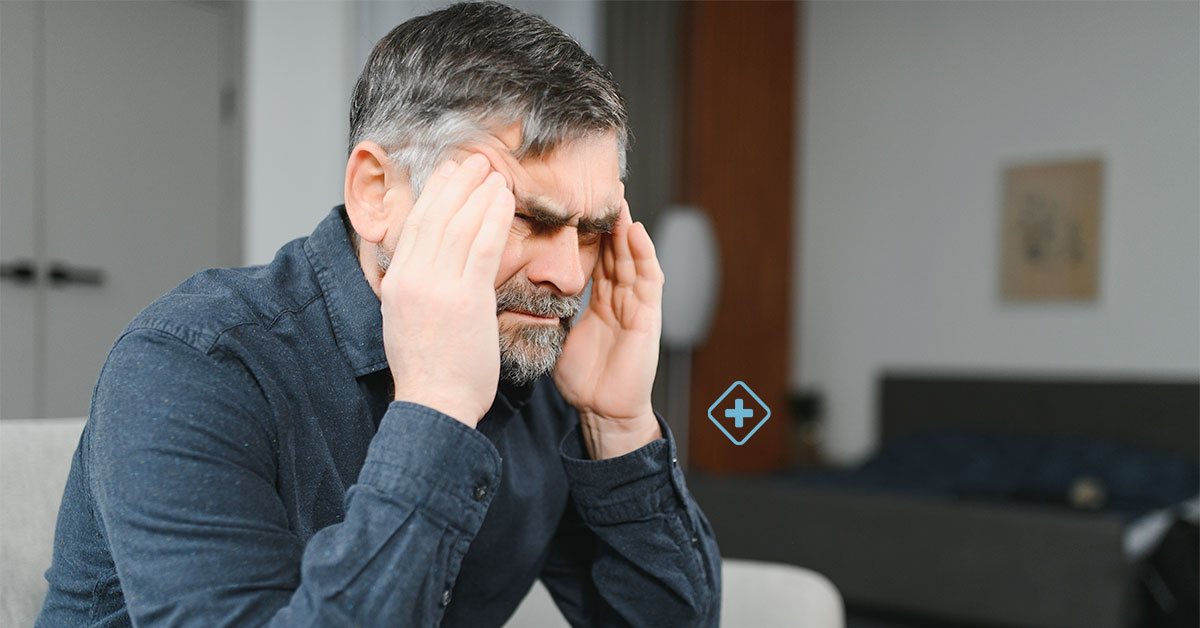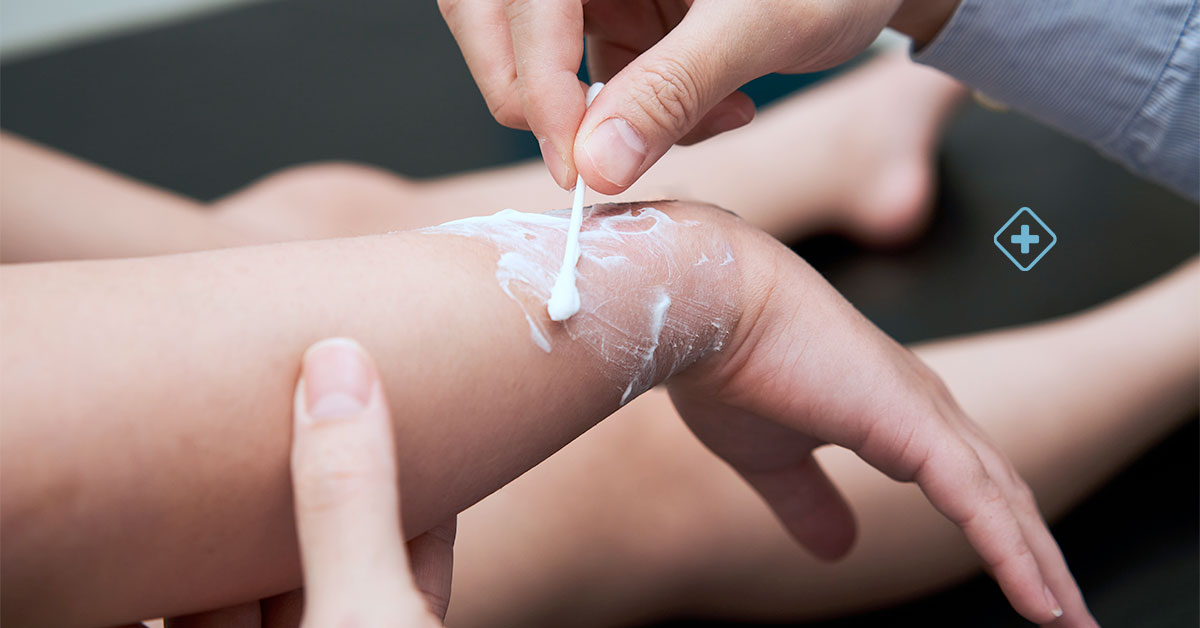
Stroke
Symptoms, Causes, and Treatment

Based on family medical history or other risk factors, many people who consider themselves healthy may suddenly experience one or more stroke symptoms throughout their lives.
A Stroke occurs when blood flow to the brain is interrupted or stopped as a result of a clot or blocked or broken blood vessel. As soon as the brain stops receiving oxygen-rich blood and the necessary nutrients, the brain cells begin to die quickly. Quick and appropriate treatment increases the chances not only of survival, but of successful rehabilitation.
Stroke may be:
-
Hemorrhagic Stroke (Occurs when a blood vessel in the brain breaks and allows blood to leak into the brain.)
-
Ischemic Stroke (Occurs when a blood vessel that transports blood to the brain is blocked by a blood clot or severely narrowed arteries.)
Causes
Some conditions could put you at risk, such as:
-
High blood pressure. Also called Hypertension. It's the most common cause of Strokes. If your blood pressure is 140/90 or higher, talk with your doctor about the best treatment for you
-
Tobacco. Smoking or chewing it raises your risk of a Stroke. Nicotine makes your blood pressure go up. Try to stop smoking, you can do it!
-
Heart disease. These conditions include: Defective Heart, or Irregular Heartbeat. Prevent clogged arteries from fatty deposits and maintain a healthy cholesterol and triglycerides levels
-
Diabetes. People with Diabetes usually have Hypertension and Overweight. Both diseases raise the risk of a Stroke. Maintain your sugar levels under control
Symptoms of a Stroke
-
Sudden weakness of the face, arm or leg, on one side of the body
-
Sudden confusion, trouble speaking or understanding
-
Unexpected trouble seeing or blurred vision in one or both eyes
-
Unexpected difficulty walking
-
Dizziness
-
Loss of balance
-
Severe Headache with an unknown cause
Don't wait more than five minutes to call emergencies, if you experience even one of the symptoms. Remember, you could be having a Stroke also if you're not experiencing all of the symptoms. Also, take a note of the time and give it to the emergency room team, it is very important.
Risk factors
-
Heart disease
-
High cholesterol
-
Consumption of alcohol and illegal drugs
-
Eating an unhealthy diet
-
Smoke
-
Age
-
Do not exercise
-
Race, African Americans have high probability to suffer strokes
Diagnosis of Stroke
The Neurosurgeon will perform a physical exam, ask questions related to your symptoms, lifestyle, and medical history.
Some of the tests are:
-
Cerebral angiography, this test allows visualization of the arteries of the brain and neck
-
Physical exploration
-
Carotid ultrasound examines blood flow through the carotid arteries
-
Echocardiography, allows you to find a source of clots in your heart
Stroke Treatment
The method provided by your doctor will be according to the stroke you present.
The treatments for an ischemic stroke are:
-
Intravenous emergency medications
-
Emergency endovascular procedures
-
Medications administered directly to the brain
-
Clot removal with a stent retriever
-
Carotid endarterectomy reduces the risk of having another cardiovascular accident
-
Angioplasty and stents
Treatment for a hemorrhagic stroke seeks to control bleeding and reduce pressure on the brain caused by excess fluid.
Some options are:
-
Medicines to reduce pressure on the brain
-
Medicines to reduce pressure on the brain
-
In case you are taking anticoagulants, your doctor can give you medications or transfusions of blood products, to counteract the effect of anticoagulants
-
Surgery, if the bleeding area is large, the doctor may perform surgery to draw blood and relieve pressure on the brain
-
Coiling (endovascular embolization) blocks blood flow to the aneurysm and causes the blood to clot
-
Surgical removal of the arteriovenous malformation
-
Stereotactic radiosurgery is used to repair blood vessel malformations
-
Surgical cut out
We group the following recommendations to prevent a stroke
After a stroke, most patients will receive rehabilitation to overcome the damage that can occur as a result of the stroke.
-
Consuming a healthy diet
-
Managing a healthy weight
-
Exercising regularly
-
Not smoking
-
Avoiding alcohol or drinking moderately
-
Reducing cholesterol and saturated fat in your diet
-
Controlling High Blood Pressure (Hypertension)
-
Managing Diabetes
-
Treating obstructive Sleep Apnea (OSA)
¿When to see a doctor?
When consulting your Neurosurgeon after a stroke, try to keep a record of your pain with a detailed description of the symptoms, duration, and what you think triggered them. Also mention any medications you are taking.
A stroke is a medical emergency; if you have any of the symptoms mentioned above, you should go to the emergency room. You can go directly to the BlueNetHospitals Emergency Room in Los Cabos or call an ambulance at 624 1043 911.
BlueNetHospitals - Hospital Los Cabos
BlueNet Hospitals.

Burns
Burns are very common home injuries, especially with children. If you have any doubts about your burn and its gravity, seek for medical help.
- Do You Need an Appointment with a Specialist?
- call us
- write us
- let's talk


